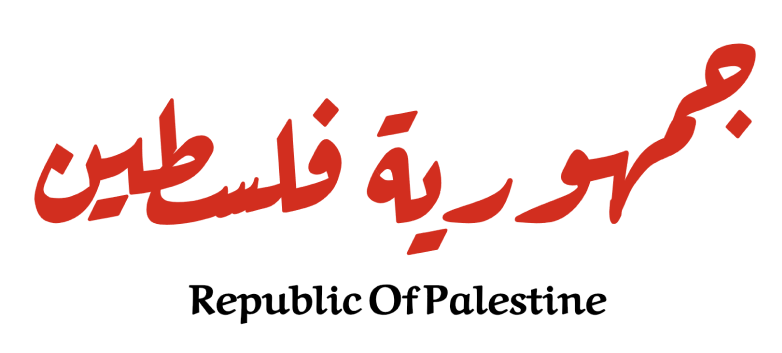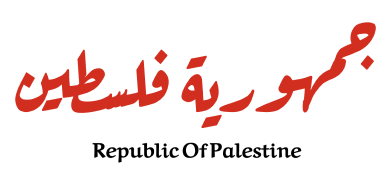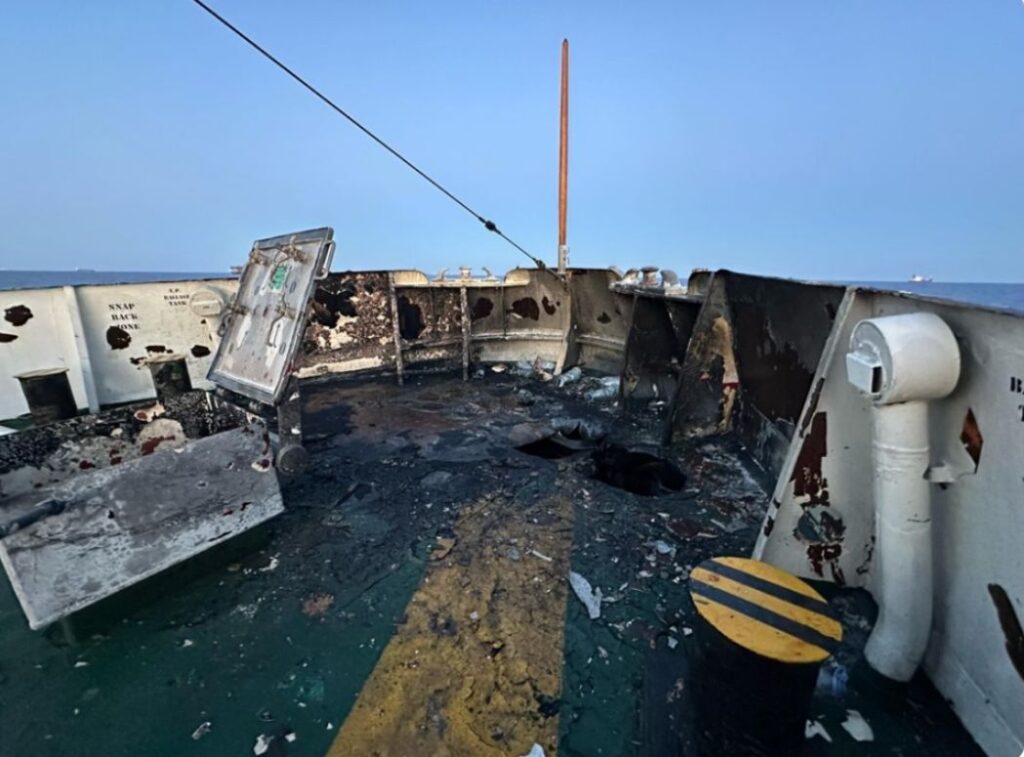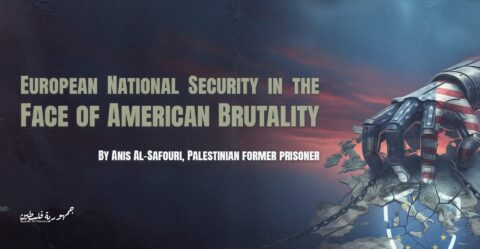Malta, May 1, 2025 — A humanitarian ship belonging to the Freedom Flotilla Coalition (FFC), aimed at delivering life-saving aid to the besieged Gaza Strip, was attacked by an Israeli drone early Thursday morning in international waters near Malta. The ship, named Conscience (Al-Dameer), suffered two strikes to its front section, resulting in a fire and a breach in the hull, putting 30 international human rights activists onboard at serious risk.
The FFC, a global grassroots coalition working to break Israel’s 17-year illegal blockade of Gaza, condemned the attack as a deliberate assault on peaceful solidarity efforts. The drone strike specifically targeted the ship’s generator, cutting off critical power supply and raising fears that the vessel may sink.
An SOS distress signal was issued following the attack. So far, only southern Cyprus has responded by dispatching a vessel, which has yet to provide the needed electrical support.
Widespread Condemnation
Experts and human rights advocates around the world swiftly condemned the attack.
“We live in a time where ships carrying the most advanced weaponry pass freely, but ships delivering food and medicine are bombed. Israel is willing to starve a population into submission,” said Dr. Shahd Hammouri of the University of Kent.
UN Special Rapporteur Francesca Albanese described receiving a distress call from the Flotilla and urged maritime authorities to intervene. “This is an emergency,” she said on X, formerly Twitter, calling for immediate support and investigation.
Legal scholar Itamar Mann of the University of Haifa stated that the attack, presumed to be carried out by Israel, violates international law. “This is a war crime, a violation of the right to life and the freedom of navigation,” he said, calling for accountability and an urgent investigation due to the attack’s location in international waters.
Attorney Lamis Deek of the PAL Law Commission labeled the assault “a calculated, sinister act of state terrorism,” asserting it violated numerous international legal frameworks including the UN Charter, the Geneva Conventions, the Rome Statute, and the Law of the Sea.
“This was not just an attack on a humanitarian mission,” Deek added, “It was a threat against all peoples and states who dare to support Palestine.”
Palestinian and Global Reactions
The Popular Front for the Liberation of Palestine (PFLP) issued a strong statement condemning what it called a “cowardly and criminal act of piracy.” The group drew parallels with the infamous 2010 Mavi Marmara attack, during which Israeli forces killed 10 activists onboard another Gaza-bound aid ship.
“This aggression reaffirms that Israel is a rogue entity that disregards all international norms,” said the PFLP, adding that the attack was a direct response to the growing global solidarity with the Palestinian people.
The group warned of dire consequences if the international community remains silent and called for urgent protective measures from coastal states like Malta. It also urged for the organization of more global solidarity flotillas to challenge the blockade and demanded that Israel be held accountable through arms embargoes, diplomatic sanctions, and prosecution under universal jurisdiction.
In the same context, the Islamic Resistance Movement, Hamas, condemned the Israeli attack on the ship, considering it “a crime of piracy and terrorism that requires urgent international intervention.”
Hamas praised the efforts of the ship’s crew and international activists, saying: “We appreciate the efforts of the brave ship’s crew and all activists around the world who are working to break the siege and aggression against Gaza. We stand with them and call on them to continue the struggle to expose the fascism of the Zionist war criminals.”
For its part, the Islamic Jihad Movement in Palestine said that the Israeli attack was “a deliberate attempt to insult all human and moral values, and further proof that the occupation is using starvation as a weapon in its war of extermination against our people in the Gaza Strip.”






